A team of researchers has made a groundbreaking discovery in cancer treatment that shows promising results for patients with a certain type of brain tumor. The study conducted at Mass General Cancer Center focused on three patients with recurrent glioblastoma, a fast-growing and invasive type of brain cancer.
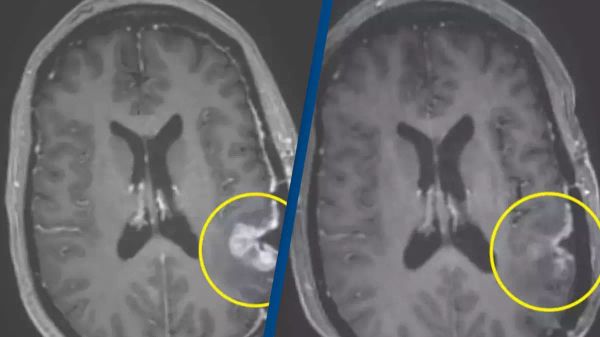
The researchers developed a new type of CAR-T therapy called CAR-TEAM cells specifically for treating this deadly brain cancer. CAR-T therapy involves reprogramming the patient’s own immune system cells to target their cancer cells. It has shown success in curing some patients with advanced cancers.
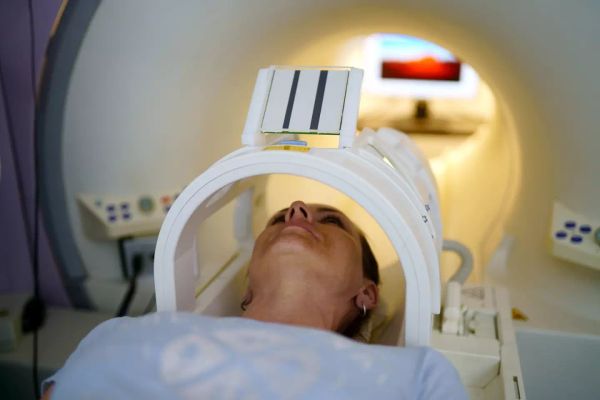
In this study, the patients were treated with CARv3-TEAM-E T cells, which are chimeric antigen receptor (CAR) T cells engineered to target the tumor-specific antigen. The results were astounding. Just days after a single treatment, patients experienced dramatic reductions in their tumors. One patient even achieved near-complete tumor regression.
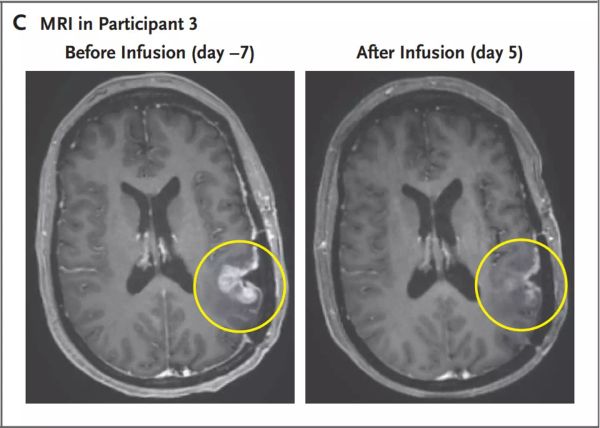
MRI scans showed that the 57-year-old woman’s tumor almost disappeared, the 72-year-old man’s tumor decreased in size by 18.5 percent, and the 74-year-old man’s tumor became undetectable. The response to the treatment lasted for over six months.

Although the patients did experience some side effects, such as fever and altered mental status, these were expected and overall the treatment was considered safe. The study has shown signs of progress in treating glioblastoma, but there is still more work to be done.
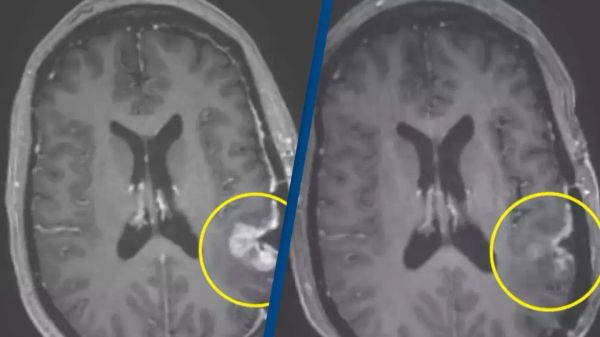
Neurosurgeon Bryan Choi described this breakthrough as a potential game-changer in treating solid tumors like glioblastoma. Marcela Maus, another researcher involved in the study, is optimistic about the future of this therapy and the possibility of curing patients with this difficult disease.
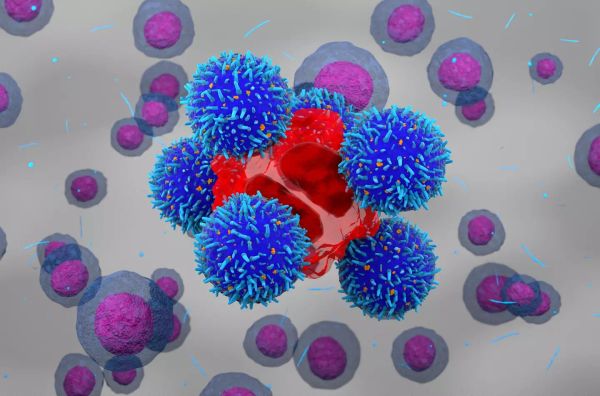
This remarkable breakthrough offers hope to those with glioblastoma and paves the way for further advancements in cancer treatment. The researchers are dedicated to their audacious goal of finding a cure for this intractable disease.






